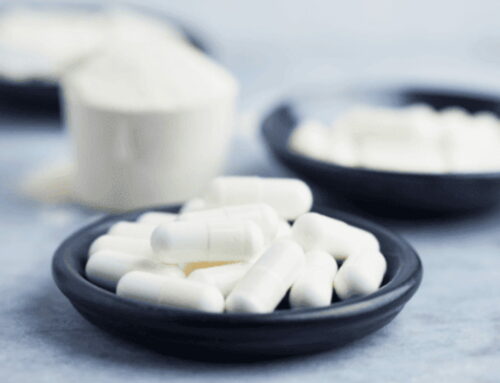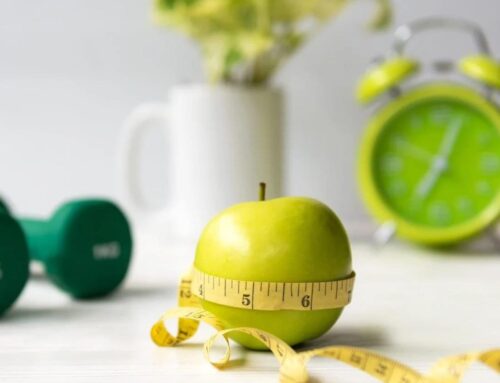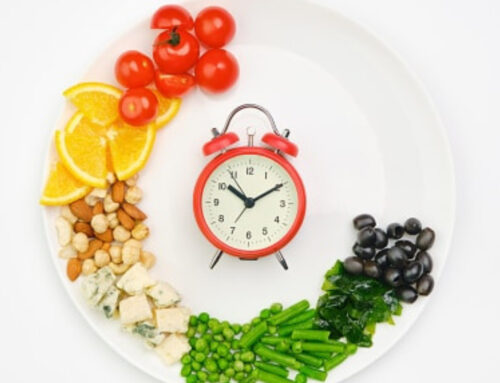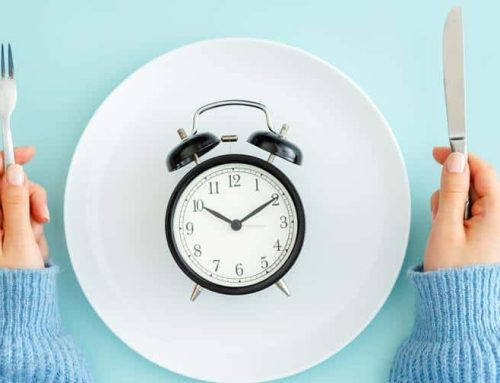Zinc for depression? This is a nutrition idea that is rarely talked about, but a zinc deficiency can have a dramatic impact on your mood.
The fact is, most people are walking around with a mineral deficiency and don’t even know it. The soil that our food is grown in is now vastly depleted of key vitamins and minerals, so you most likely are not getting the proper minerals from your foods. Add in a high-stress life packed with lots of caffeine to keep you going during the day and alcohol to bring you down at night, and most likely you have developed a zinc deficiency.
And now you’re stressed out, tired & feeling out of sorts.
Could zinc for depression be the answer?
Funny thing is that most people don’t immediately think about zinc deficiency when it comes to depression. We often look to the situations in our lives as the cause of depression. But what if your depression was exacerbated by the fact that you have a zinc deficiency?
What does Zinc do for the body?
Zinc is found in its highest concentrations in the brain and the eyes. So, if you have a zinc deficiency, you are most likely going to notice it as symptoms in those two areas.
In the brain, zinc helps:
- Increase serotonin receptors
- Regulate dopamine production
- Increase short-term memory recall
Serotonin and dopamine are excitatory neurotransmitters that make your brain happy. If you have a zinc deficiency, you will have a limited supply of these two key neurotransmitters.
Zinc is found in the highest concentrations in the hippocampus of your brain. This is the part of the brain that controls memory and mood. Zinc is also known to increase the production of BDNF (Brain-derived neurotrophic factor) in this part of your brain, which is like fertilizer for your hippocampus. With an increase in BDNF in your hippocampus, both your memory and mood will improve.
This is where a zinc deficiency can get really interesting for your brain function. One thing I hear from my patients quite often is that they just don’t perceive happiness the way they did years ago. They can have a joyful event happen in their life, but their brain doesn’t register it as joyful. That’s where zinc for depression alleviation comes in. With a limited supply of serotonin and dopamine, even the happiest of lives will feel bland.
What Depletes Zinc?
As most people are starting to wake up to, the standard American diet is killing us. It’s also contributing to massive vitamin and mineral deficiencies. Anti-depressant usage is at an all time high and with good reason: we are not getting the key minerals our brain needs to function properly.
So the first step to ensuring that you don’t end up with a zinc deficiency is to minimize your intake of inflammatory oils, grains, and sugars.
Other top contributors to a zinc deficiency are:
- Alcohol consumption
- Caffeine consumption
- Excess sweating
- Birth control pills
- Diabetes medications
- Antacids
- Anti-inflammatories
- Hormone replacement therapy medications
When you start looking closer at this powerful mineral, you realize that it’s quite possible that most people are walking around with a zinc deficiency. This is where a mineral deficiency test can become crucial to understanding if you have a zinc deficiency. Now that I offer a mineral deficiency test in my clinic, I am seeing clearly that most my patients have some type of mineral deficiency.
Other than a mineral deficiency test, how would you know if you have a zinc deficiency? Symptoms are a great place to start.
Signs you may have a zinc deficiency:
- Hair Loss
- Infertility
- Hormonal problems worsened by PMS or menopause
- Poor concentration and memory
- Depression
- Chronic Fatigue
- Digestive issues; especially prone to diarrhea
- Slow wound healing
- Frequent colds
Your lifestyle will also give you clues that you may be in desperate need of more zinc. Because of the importance of minerals to our brain function, in my clinic, we are now doing a mineral deficiency test on everyone. What I am discovering is that the patients who are the most deficient in minerals are:
- People with a leaky gut
- Women on hormone therapy or birth control
- Athletes
- People with fast-paced, high-stress lives
- People who eat the standard American diet
I am a strong believer that food is medicine. And if we can get some of these key minerals from our diet, we should. Increasing zinc for depression symptoms is key, and when it comes to getting more, the absolute best food source is beef and lamb. In fact, it has been reported that vegetarians are often the most deficient in zinc.
How to get more zinc in your diet
- Beef and lamb – these sources are absorbed best
- Oysters – the densest source of zinc
- Sardines
- Herring
- Pumpkin seeds – soaked or sprouted are absorbed best
- Sesame seeds
If you have made it this far in this article, my guess is you most likely think you or a loved one has a zinc deficiency. As I mentioned before, the best way to know if you have a mineral deficiency is by taking a mineral deficiency test. The most accurate mineral deficiency test utilizes a taste test.
The great thing about the mineral deficiency test we use is that it’s inexpensive and easy to use. It also gives you immediate feedback. Recently, I did this test on all my staff, all of whom were not taking a mineral supplement. They all proved to be low in a few key minerals. For the past months, I have been consistently taking a mineral supplement; when I took the mineral deficiency test, it showed no deficiencies. I have no doubt I would have been deficient if I hadn’t been taking the supplement.
My favorite overall mineral supplement is MIN by Systemic Formulas. Because my patients have a real need for a zinc only supplement, I am now recommending ZNC-ZINC CHELATE by Systemic Formulas.
So there you have it…zinc for depression. I hope this information is helpful!
Watch my video on Youtube about this topic.
Cheers to a happier brain!
Dr. Mindy









Leave A Comment